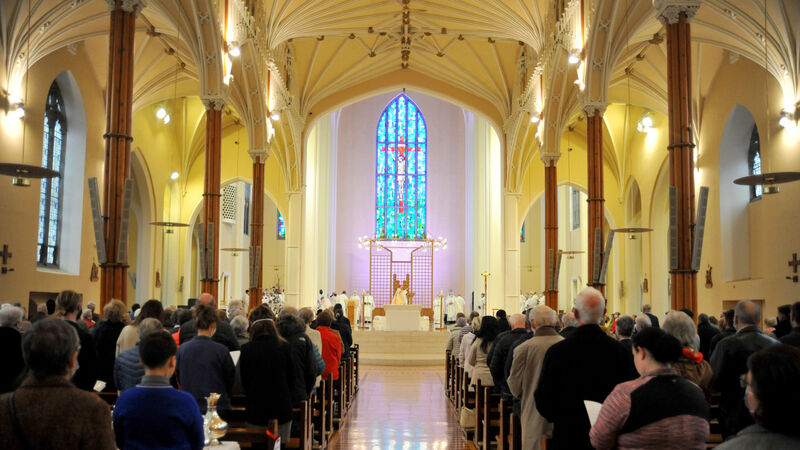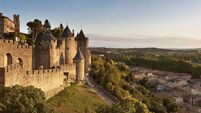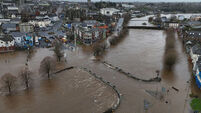'Culture and religion are going in different directions': How Easter has changed in Ireland

Bishop Fintan Gavin at the Chism Mass at the North Cathedral in Cork city on Holy Thursday. This year is the first time he is able to celebrate Easter in-person. Photo: Larry Cummins
Ireland, once a predominantly Catholic country, is changing in more ways than just creed.
Easter, the most important celebration in the Catholic Church, previously saw the majority of Irish people attend mass more than once.














